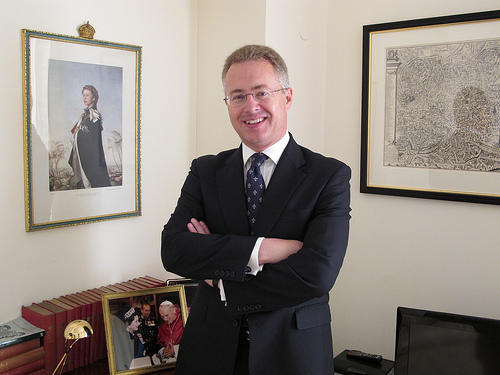
Earlier this week I was in London to address an in-house training programme of the Foreign and Commonwealth Office (FCO) on religion and foreign policy. The course is aimed at British diplomats, but also public servants from other government ministries; there were a number of participants this week from the Ministry of Defence, and on previous occasions from the Department for International Development. It is aimed at those who need to understand better how and why religion – and religions – can affect the context in which policy needs to be formulated and implemented. It recognises, as Madeleine Albright explained so clearly in her autobiography, that we need “a sophisticated understanding of religion as a public force in the world”, alongside politics, economics, strategy and law, if as diplomatic practitioners we want to understand the world with which we are engaging.
I personally think that is especially important for British diplomats. We come from a culture that is far more secular than most of those in which we find ourselves living and working on overseas missions. By the end of a course that offers what is, admittedly, a very brief introduction to the major religions, the status of religious minorities, and rights of belief (including the right to be secular), we hope that participants will at least appreciate and reflect on the different features of religion in the 21st century and their implications for British foreign policy.
The course avoids value judgements. We do not argue that religion is good or bad (after all, we can all identify positive and negative aspects of the role of religion in politics, conflict, culture and development). We simply set out to show that it is there, has real influence in its different manifestations, and that an informed and intelligent understanding of religion and faith in global society is not only a legitimate and important tool of foreign policy practice, but core to the delivery of our foreign policy security and prosperity objectives.
“Religious literacy” is not a given in western society. I remember one of my senior colleagues accepting with some reluctance the premise that the FCO needed to understand the role of religion in public life better, on the basis that “of course as diplomats we need to deal with the irrational as well as the rational”. He is entitled to his point of view, but I think that in a world where 88% of the world’s population identify themselves as belonging to a specific religion, his rather jaundiced view is sub-optimal as a starting point. As we develop our own Diplomatic Academy in the FCO, an understanding of religion and belief needs to be part of our training mix.
